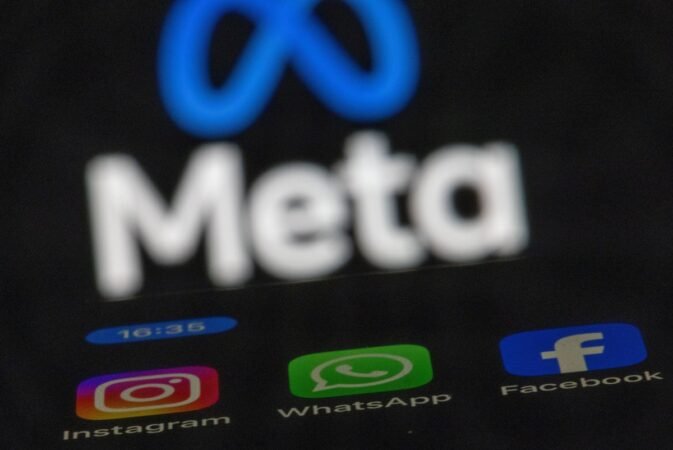Quick Takeaways
-
Legal Victory for Privacy: Human rights campaigner Tanya O’Carroll successfully compelled Meta to cease using her personal data for targeted advertising, establishing a crucial precedent for others to exercise their rights under U.K. and E.U. data protection laws.
-
Settlement Over Court Hearing: The settlement, reached before a scheduled English High Court hearing, ends O’Carroll’s legal challenge, but Meta has not admitted liability, maintaining that its ads do not constitute direct marketing.
-
Regulatory Support and Hope: O’Carroll emphasized the support from the U.K.’s Information Commissioner’s Office in her case, indicating that other users may find greater success in objecting to Meta’s data processing practices.
- Potential Shift in Business Model: Following this event, O’Carroll anticipates Meta may adopt a “pay or consent” model in the U.K., requiring users to either consent to tracking or pay for ad-free access to its services.
The Impact of O’Carroll’s Victory
Meta’s recent settlement with a human rights campaigner signals a pivotal moment in the ongoing battle for user privacy. By agreeing not to track her data for targeted advertising, Meta has acknowledged a crucial aspect of U.K. and E.U. data protection laws: individuals can object to the use of their data for direct marketing. This case underscores the legal rights that consumers hold and challenges the prevalent notion that tech companies can continue to profile users without consent. While the settlement ends the litigation, it sets a precedent that empowers other users to exercise their rights in the face of similar privacy violations.
Moreover, the case reflects a growing tension between user rights and the business models of large tech firms. O’Carroll’s experience reveals that users can indeed make a difference, even against powerful corporations. The support from the U.K.’s Information Commissioner’s Office during the process highlights a potential shift in regulatory enforcement. Although the settlement does not require Meta to admit liability, it proves that users can achieve real outcomes by effectively asserting their rights.
The Challenges Ahead for User Privacy
Despite this victory, challenges remain. Meta’s business model, built on surveillance-based advertising, persists in many ways. Similar to strategies seen in the E.U., Meta may soon require users to either consent to tracking or pay for ad-free access to its services. This shift could complicate the landscape for privacy rights, creating a financial barrier for those unwilling or unable to pay.
Additionally, achieving widespread adoption of privacy rights and protections remains a complex task. The enforcement of existing laws has proven slow and cumbersome. Users need not only awareness of their rights but also a supportive regulatory environment to navigate the complexities of digital privacy. As more individuals follow O’Carroll’s lead, advocating for their rights may ultimately reshape corporate practices. Encouragingly, the legal landscape is shifting, and the demand for transparency and control over personal data continues to grow.
Continue Your Tech Journey
Learn how the Internet of Things (IoT) is transforming everyday life.
Access comprehensive resources on technology by visiting Wikipedia.
TechV1

